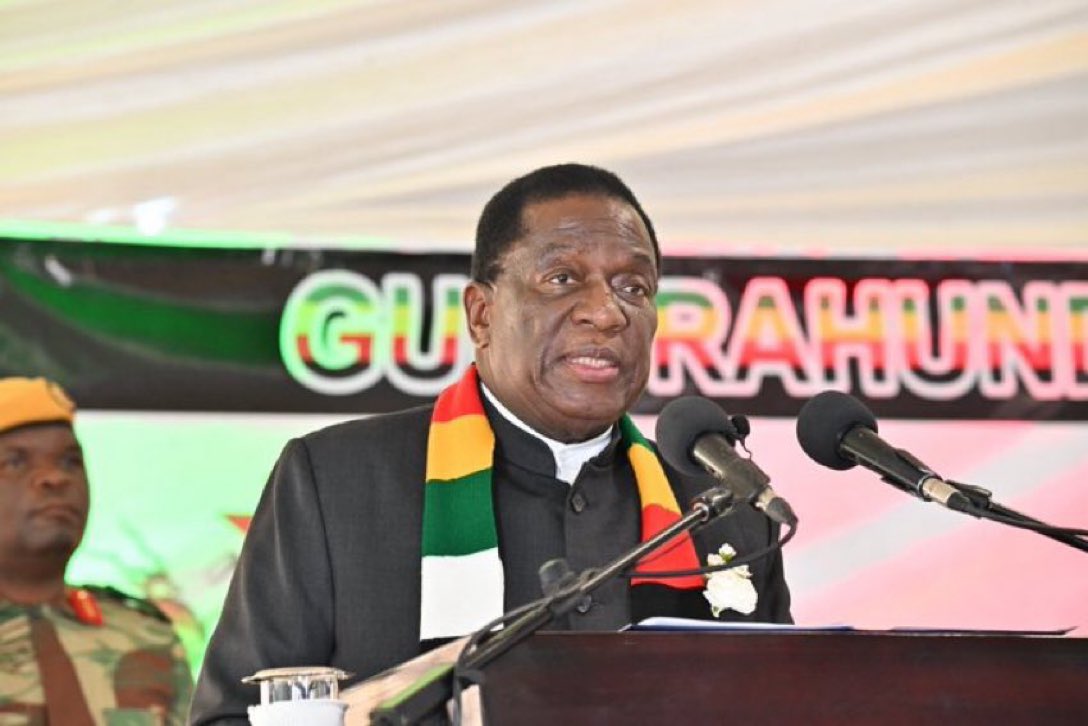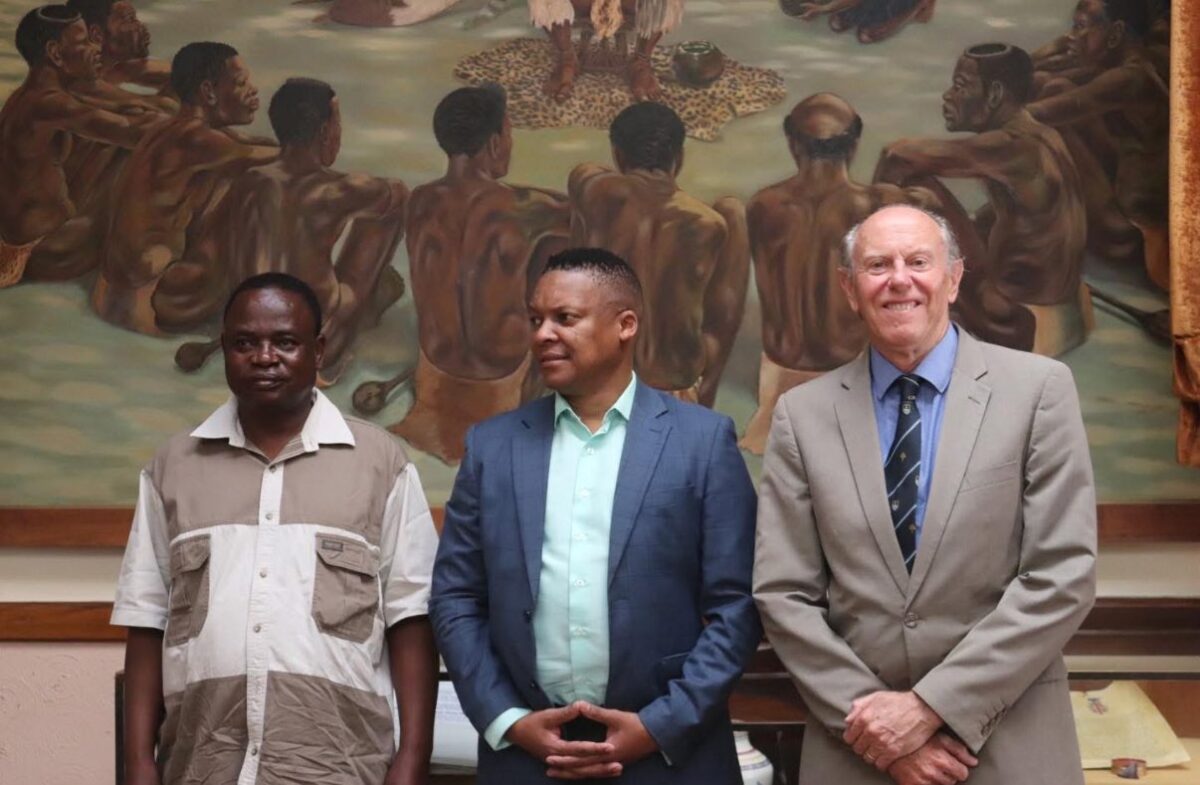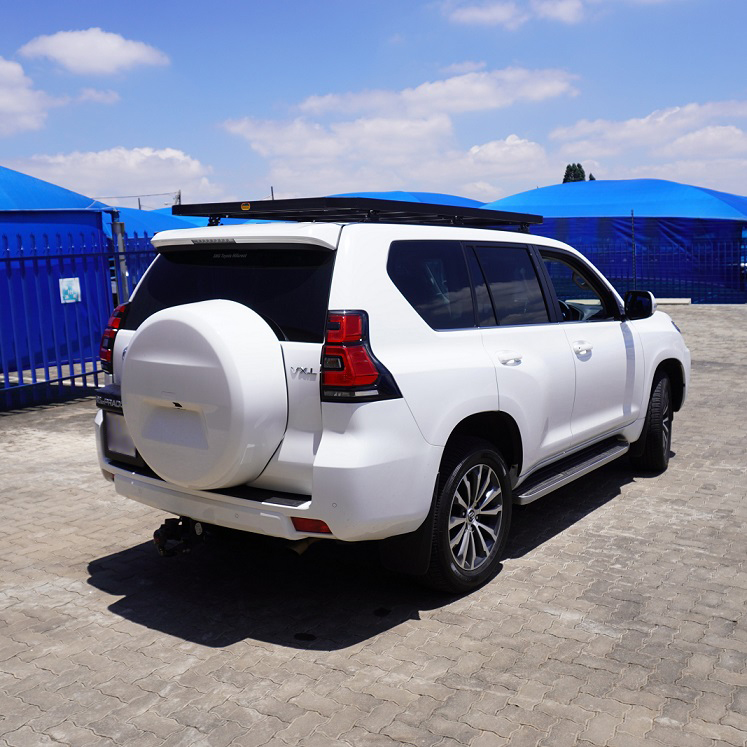BULAWAYO – President Emmerson Mnangagwa on Sunday sought to wash blame for the massacre of thousands of civilians in Matabeleland and Midlands provinces four decades ago on the nation’s “detractors” as he took pain to avoid government’s culpability in the atrocities.
Mnangagwa was officially launching the Gukurahundi Community Engagement Outreach Programme at State House in Bulawayo.
His government hopes the controversial process shall put to rest what independent estimates say was the killing of 20,000 civilians, among other horrific state sponsored transgressions, in the three provinces between 1982 and 1987.
The exercise is being spearheaded by traditional chiefs in Matabeleland under a choreographed government programme ostensibly seeking to give survivors the chance to relive their experiences and to give their views on how the bury the dark chapter.
As state security minister under the then Robert Mugabe led administration, Mnangagwa is fingered as one of the chief architects of the atrocities.
Operation Gukurahundi was carried out by the Zimbabwean military under the guise of hunting down a handful armed army deserters commonly referred to as dissidents who were causing terror in affected provinces.
Activists view his government’s programme as an attempt to whitewash Mnangagwa’s own crimes during the dark period while interfering with any vestige of evidence linking perpetrators to the transgressions.
They insist the process is illegal without any truth telling.
In his address on Sunday, Mnangagwa urged Zimbabweans “not to dwell on the shadows of yesterday, but to focus on the future of our country.”
He added, “A future where the scars of yesterday no longer fester, but become stepping stones on the path to a stronger, more unified Zimbabwe. A nation can only be built by a unified people.”
“History records that all internal divisions amongst us as a people have been instigated by our detractors in various guises through generations,” Mnangagwa said, adding, “It is our detractors who worked tirelessly to pit one tribe against the other during the colonial era.
“These oppressors sought to sow seeds of division amongst liberation struggle fighters and within communities.
“Their interference and machinations were designed to divide us and consequently created our post-independence conflicts.
“We are aware that the same forces have not abandoned their ultimate goal of thwarting the realisation of our determination to remain as united Zimbabweans.”
Mnangagwa however acknowledged the process will be emotive and shall evoke feelings of anger among survivors.
















